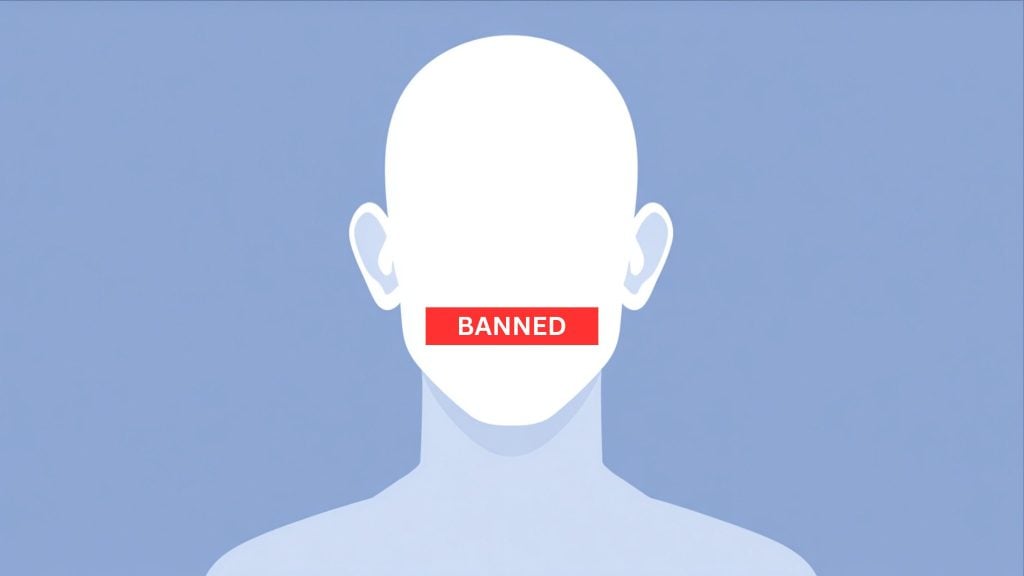A military spouse and former Army soldier is challenging the Navy in federal court, claiming that officials at Naval Submarine Base Kings Bay in Georgia shut down his ability to participate in public dialogue after he questioned their handling of a utility crisis.
Sergio Rodriguez, a longtime advocate for military families and recipient of the 2022 Navy Spouse of the Year award, alleges that the base’s leadership violated his First Amendment rights by banning him from the installation’s official Facebook page and removing all of his prior comments.
His lawsuit names base commander Capt. Christopher Bohner and public affairs officer Scott Bassett as defendants.
We obtained a copy of the lawsuit for you here.
According to the lawsuit, Rodriguez, who lives in Chesapeake, Virginia, has spent years advising military families across the globe, often using official base social media channels as a way to connect with people facing housing issues, poor communication from leadership, or gaps in basic services.
He had been interacting on Kings Bay’s Facebook page since at least 2020 without incident.
The dispute began last August when the base experienced a power outage that left families without electricity for more than half a day.
The base posted a brief update stating that work crews were attempting to fix the problem. Rodriguez, concerned for the well-being of residents, responded by asking whether relocation options were being considered and how people could be reimbursed for food that had spoiled during the outage.
The page directed people to the Navy Legal Service Office to file claims.
Soon after those questions appeared, Rodriguez was blocked from accessing the page altogether. All of his prior posts were scrubbed.
The lawsuit says the removal was carried out by Bassett under Bohner’s direction. Rodriguez didn’t receive an official explanation. Instead, he was informed of the ban through a phone call from Bohner’s wife. Attempts to contact the base and restore access went unanswered.
The Navy has offered no explanation for the block, according to Rodriguez’s legal team.
Rodriguez’s lawsuit argues that his ban wasn’t about policy violations but about viewpoint suppression.
By raising concerns that reflected the frustrations of many base residents, he became a target for silencing. The case now serves as a test of whether military officials can use their control over public communication platforms to shut down criticism.












